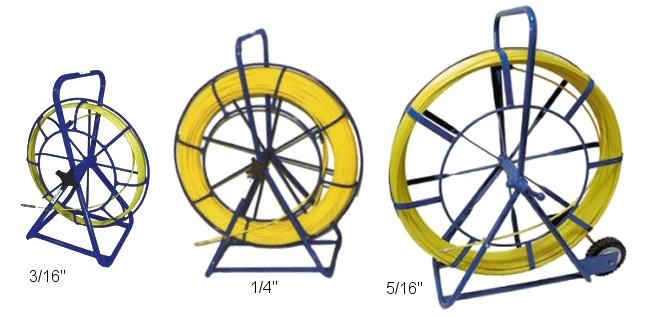May 30, 2017, 04:20 AM
Excam_ManElectrical question
quote:
Originally posted by Skins2881:
250.32(A) per google. Let me go grab my code book real quick.
That's what I found too... now I need to read it.

May 30, 2017, 04:25 AM
Skins2881
I just told my buddy the other day he did not need them, which is what I always believed. I always thought if you have four wires it all goes to the electrical service GEC (neutral bar). Then posted the same here. Since I haven't been able to sleep I decided to do some reading. It appears I have been wrong in the past.
Thoughts?
May 30, 2017, 06:07 AM
chongosuerteAre codes national? Or are they basically the same nationally, with state/county/city restrictions?
What a PITA.
May 30, 2017, 06:24 AM
ensigmaticquote:
Originally posted by chongosuerte:
Are codes national? Or are they basically the same nationally, with state/county/city restrictions?
What a PITA.
Local code usually follows NEC, but, you need to check.
May 30, 2017, 06:50 AM
Skins2881quote:
Originally posted by ensigmatic:
quote:
Originally posted by chongosuerte:
Are codes national? Or are they basically the same nationally, with state/county/city restrictions?
What a PITA.
Local code usually follows NEC, but, you need to check.
In VA we use VRC, which is based off of IRC, which is based off of NFPA70 (NEC). On top of those three code books each county or city adopts whichever sections and years code they want to use. Then different inspectors translate one or all of the code books as they see fit.
For instance the NEC says your ground rod(s) must test to 25ohms, or you can skip testing if you use two. Maryland just requires one ground rod. It can become quite confusing.
May 31, 2017, 02:48 AM
slosigquote:
Originally posted by Hamden106:
Include a new pull string each time you pull in metal only
I used to put pull string (bucket o' twine bought at the electrical supply house) in the conduits, but at the end if it gets any sun it rots away to nothing.

. Also, it cuts PVC nicely (prolly why you said metal only) if you try to use it to pull wire.
If you have enough conduit projects to justify it, you might consider buying a roll of 2500# pull tape. Most tradesmen seem to treat it as a consumable - use it up and charge it to the job, cutting as needed. I use it as a tool. After pulling, I roll it back up and stow it until I need it again.
What seems to work well is to use a fish tape for the shorter runs, tape the pull tape to it with electrician's tape, pull the pull tape through, then pull the wires back. For longer runs (~1000') an air compressor works well to blow a wadded up plastic bag tied to a string through, string is used to pull the pull tape through, then the wire is pulled. The more CFM, the better.
May 31, 2017, 02:58 AM
Skins2881I use these. We call them mice for whatever reason. Tie pull string to it and use a vacuum to pull string through.

May 31, 2017, 03:21 AM
Excam_Man^^^ And cheaper than this alternative! However, they do work very well, when there's wiring already in the conduit.
https://www.licensedelectricia...re/RT/FiberSnake.htm


